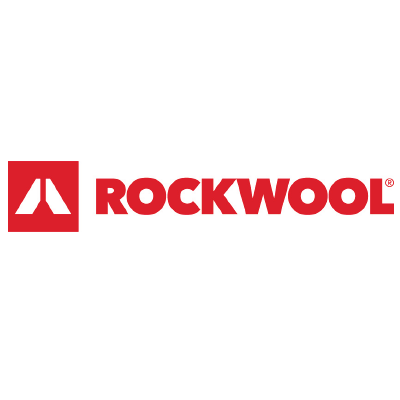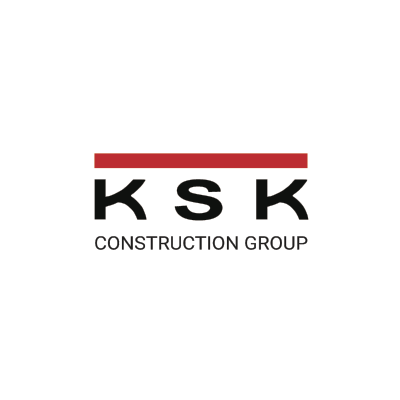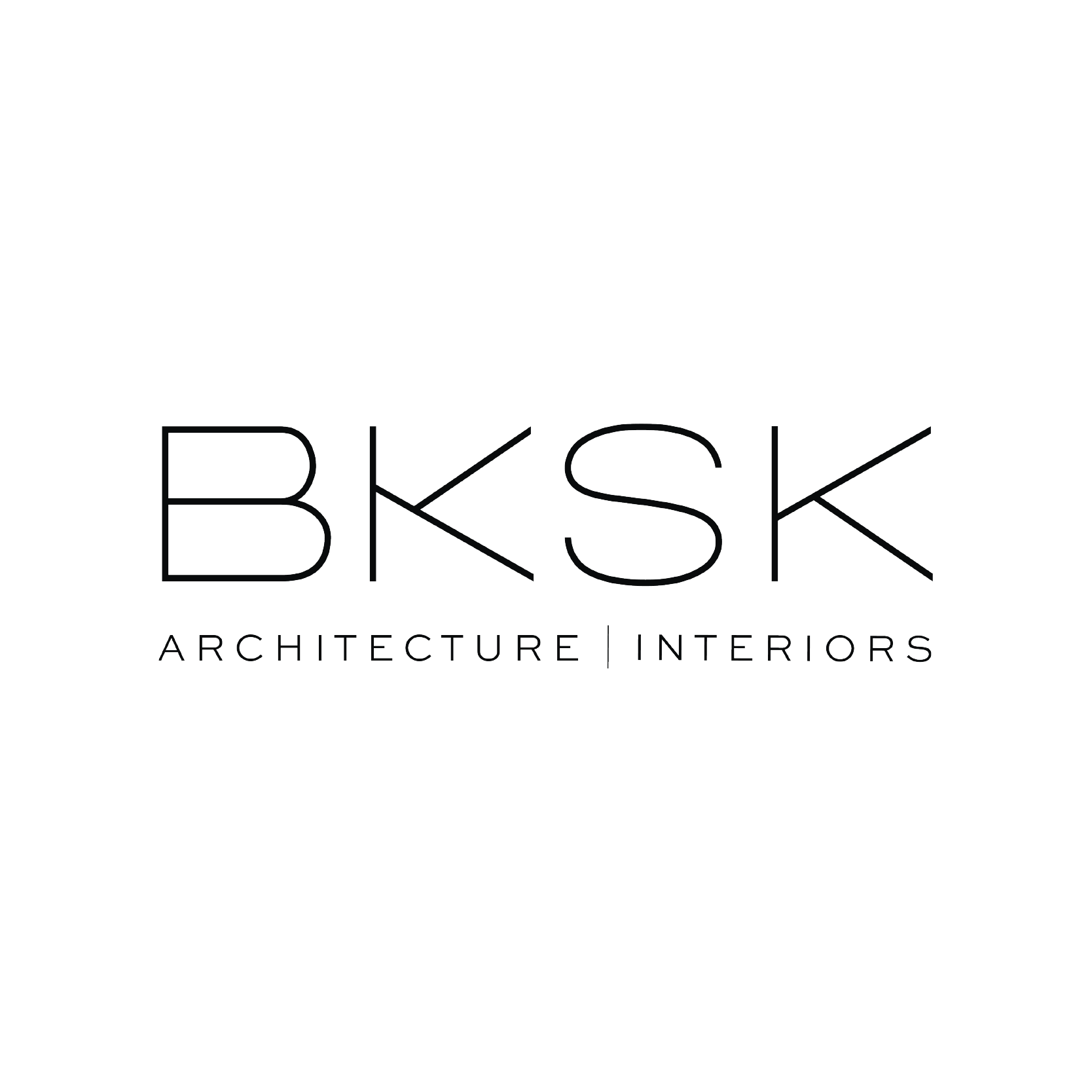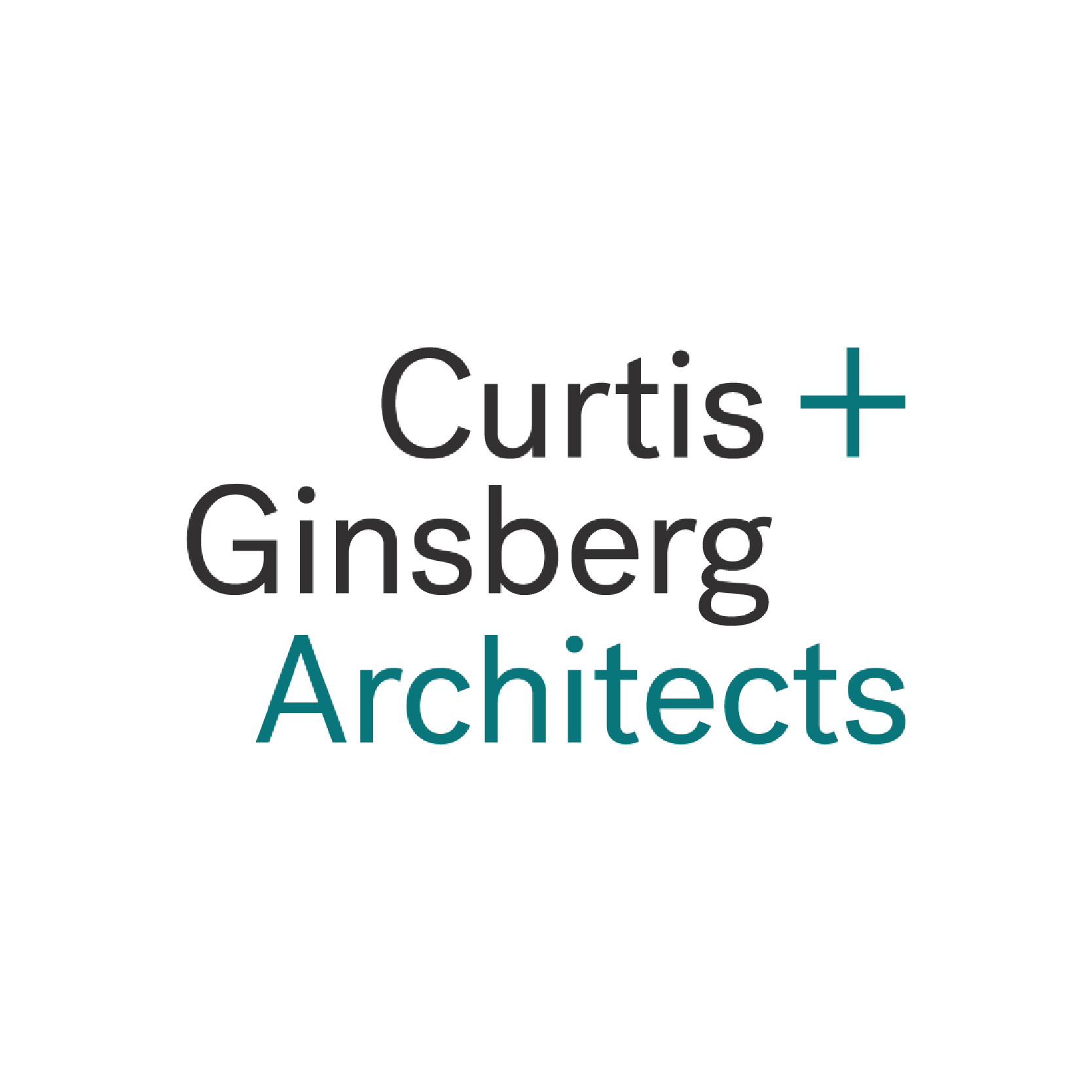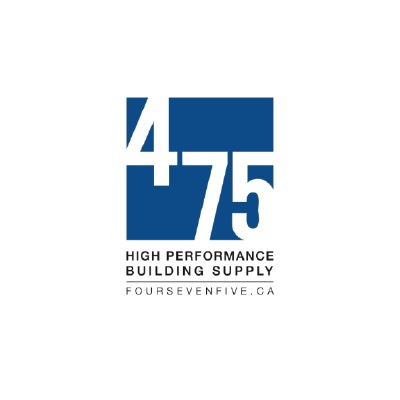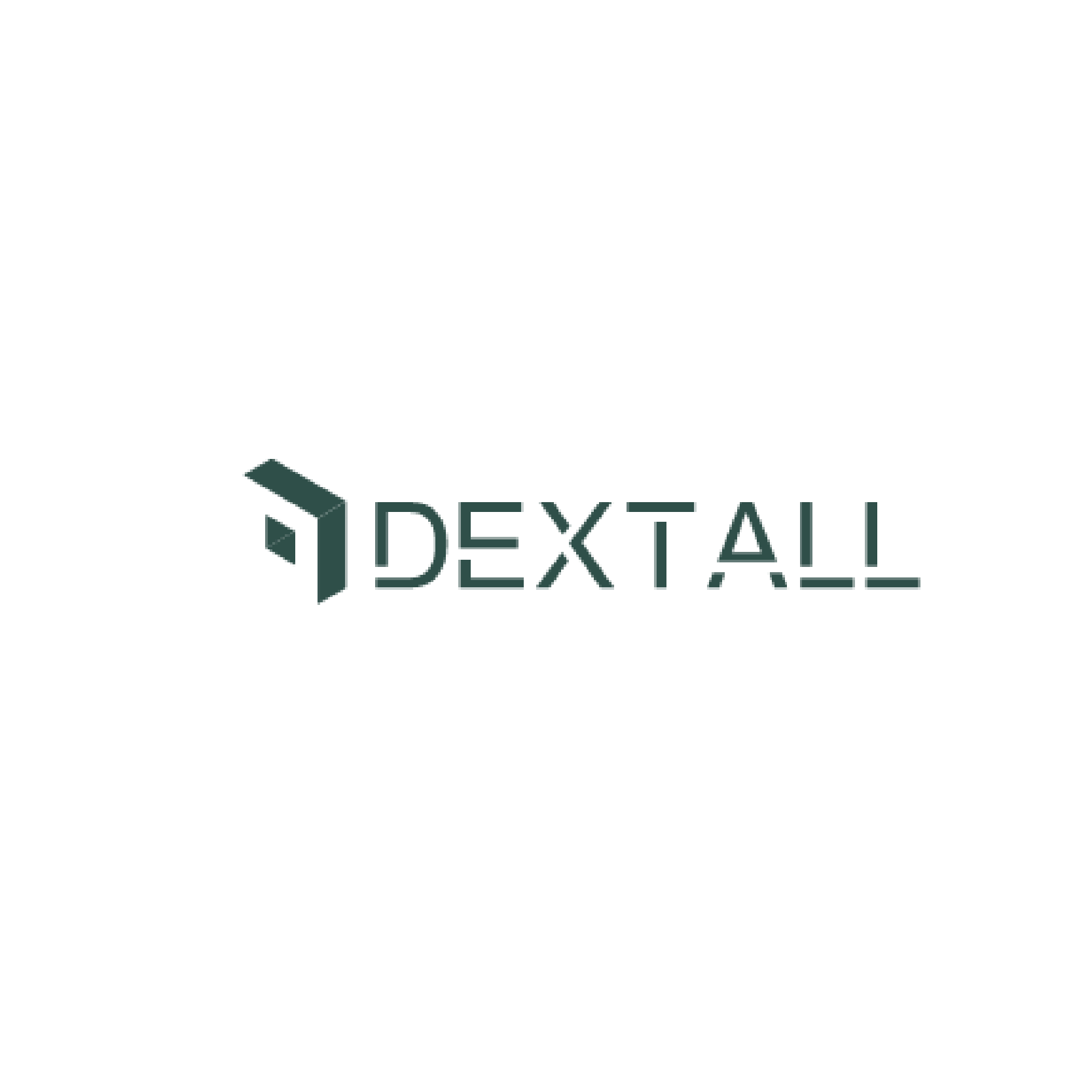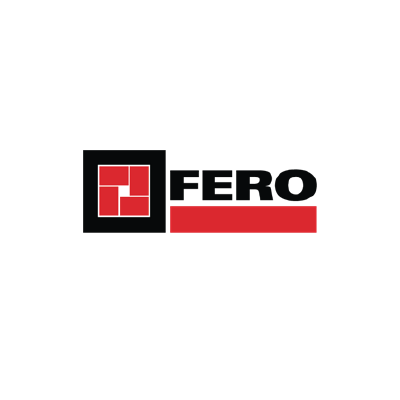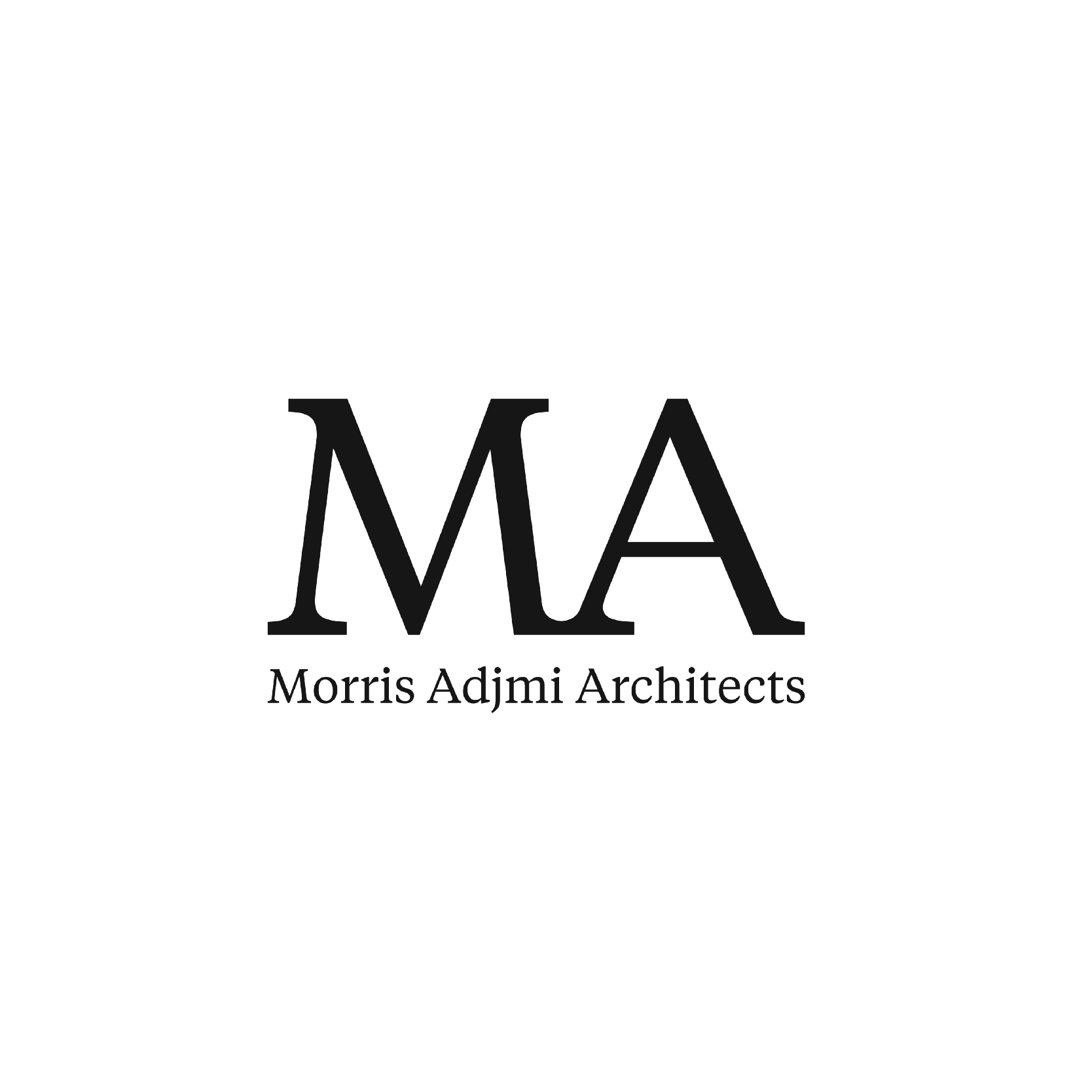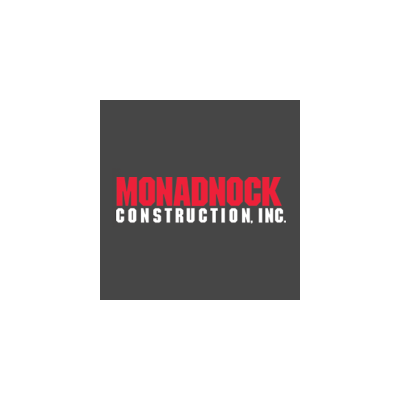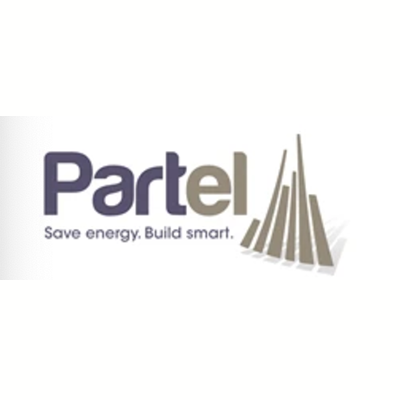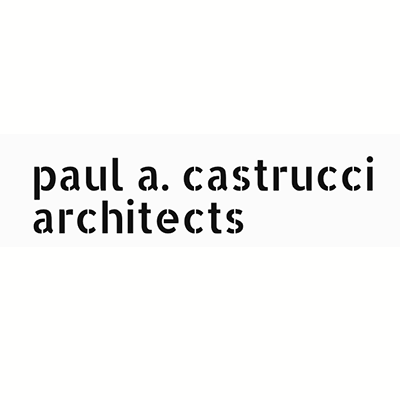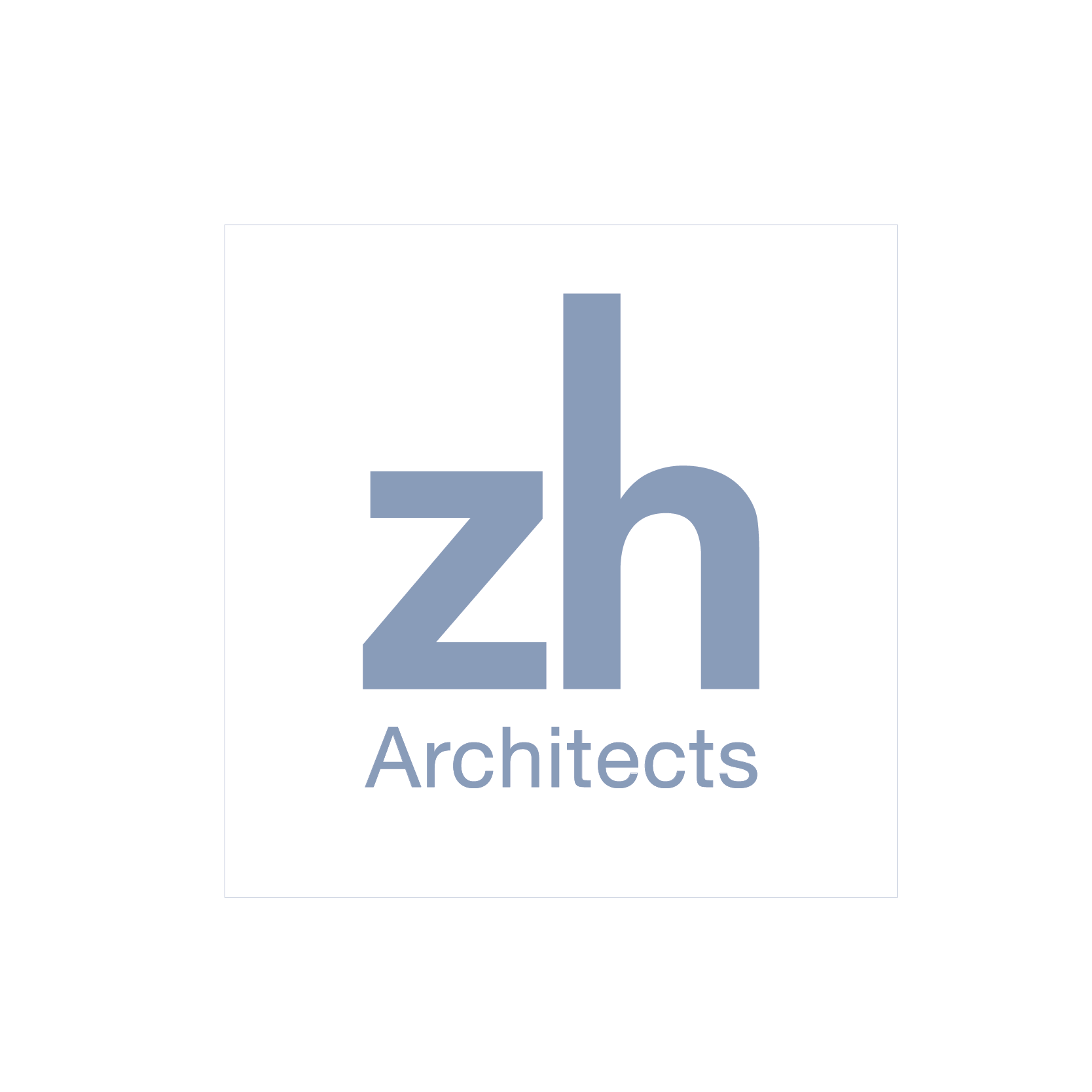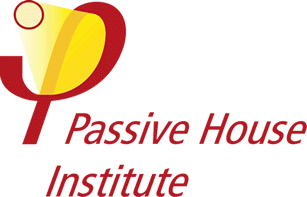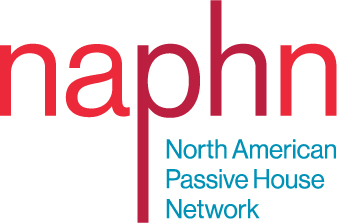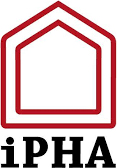The New York City Council Committee on Housing and Buildings has scheduled a hearing on Introduction No. 1816 of 2019 for Monday, January 27th 2020 at 10:00 AM at City Hall.
This bill would implement section 28-1001.3.1 of the Administrative Code, which requires triennial updates to the New York City Energy Conservation Code (NYCECC). These amendments will bring the NYCECC up to date with the 2020 version of the New York State Energy Conservation Code (NYSECC) which goes into effect in 2020, but with local amendments. In addition, this legislation incorporates the latest version of the New York Stretch Energy Code (NYStretch) as required by Local Law 32 for the year 2018. Local Law 32 mandates that the City amend the NYCECC to align it with the latest version of the NYStretch Energy Code-2020 developed by the New York State Energy Research and Development Authority (NYSERDA).
An Advisory Committee was appointed by the Department of Buildings to review the proposed code language and discuss amendments. That advisory committee was clear in their recommendation to include the proposed Passive House section as an alternative compliance pathway. The voluntary Section R408 Passive House would facilitate and recognize low carbon emitting Passive House buildings in the New York City Energy Conservation Code. The Section R408 Passive House would simplify the electrification and improve the resilience of New York City buildings rapidly. It would support and stimulate accelerated growth of the Passive House design and construction in New York City.
The proposed bill eliminates the very critical Section R408 Passive House as an alternative compliance path of the NYStretch Energy Code-2020. NYPH does not support the deletion of Section R408 Passive House. Passive House is an accepted building industry standard and has the potential to shift the industry into the high performance building sector. Section R408 Passive House is a critical tool to achieve greenhouse gas emission goals established by the City of New York.Buildings built to the Passive House standard far exceed the requirements of the new NYCECC. Passive House practitioners are at the forefront of energy efficiency in NYC; concerns about lack of understanding by plan examiners would be fully alleviated by the knowledge of licensed professionals. Without reinstating Section R408 Passive House, the city will diminish its obligation to administer and govern the high performance building industry as envisioned in the Climate Mobilization Act.
While the inclusion of R408 would permit Passive House to be applied to residential buildings up to three stories tall, NYPH strongly supports the inclusion of Passive House as an alternative compliance pathway for commercial buildings which represent a more significant area of built square feet and energy use. The application of Passive House to both the residential and commercial chapters of the 2020 NYCECC is a critical strategy to meet the goals of LL97 and the Climate Mobilization Act.
NYPH supports the proposed bill with considerable concern, not just because of the omission of the Passive House standard, but because the bill is merely an incremental improvement. In the face of a climate emergency, we can no longer sustain half (or in this case, 10%) measures. This change in the code does not put our buildings on track with the requirements of LL97. We support it because something is better than nothing, but we want to be on the record for advocating for more.
Please consider testifying at the public hearing on Monday, January 27th, 2020 at 10:00 AM at City Hall to support the inclusion of Section R408 Passive House into the New York City Energy Conservation Code (NYCECC). You can also submit your statement in written form to council member Robert E. Cornegy, Jr. (RCornegy@council.nyc.gov), chair of the Committee on Housing and Buildings.

